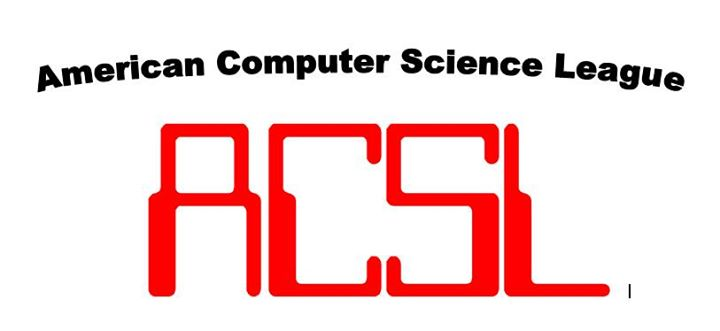2nd American Computer Science League contest of the year takes place
The American Computer Science League is an organization that hosts various computer science contests. “The competition focuses on aspects of computers that we don’t normally work with like converting to different bases and data structure,” freshman Tanvi Bhave said. There are four contests in total and the top 5 students who take the competition in each division advance to a national ACSL contest in Connecticut.
January 24, 2020
The Jefferson Computer Teams took the 2nd American Computer Science League (ACSL) Contest on Friday, Jan. 17th.
The contest takes place in two parts. The first part is a written contest with 5 questions on various topics (this contest topics were bit-string flicking, “What does this program do?”, prefix/postfix/infix notation), and is worth five points. The second part is a programming challenge in which you are given 72 hours to write a program that does a specific task. This portion is also worth five points.
Students did some mild preparation for the contest. During the 8th Periods the computer teams would host lectures on contest topics, and practice problems were handed out.
“I reviewed the packets that he gave out during lectures and did some practice tests beforehand to prepare,” freshman Tanvi Bhave said, who previously scored a 10 on the contest.
Doing well on all four contests can also help you qualify for the national ACSL contest that takes place every year.
“TJ has three teams: freshman, intermediate and senior. They take five people from each group, based on who did best, and go to a ACSL competition in Connecticut later in the school year,” freshman Tommy Williams said.
Though this is not the primary reason students take the competition. Many students also find that the problems are more engaging than normal CS classes, which is why they opt to take it.
“I like the competition as it’s different from the usual programs that we do in CS because it’s more problem solving and logic,” Bhave said.






